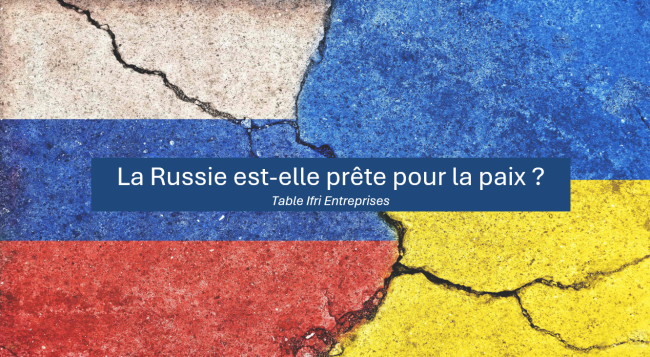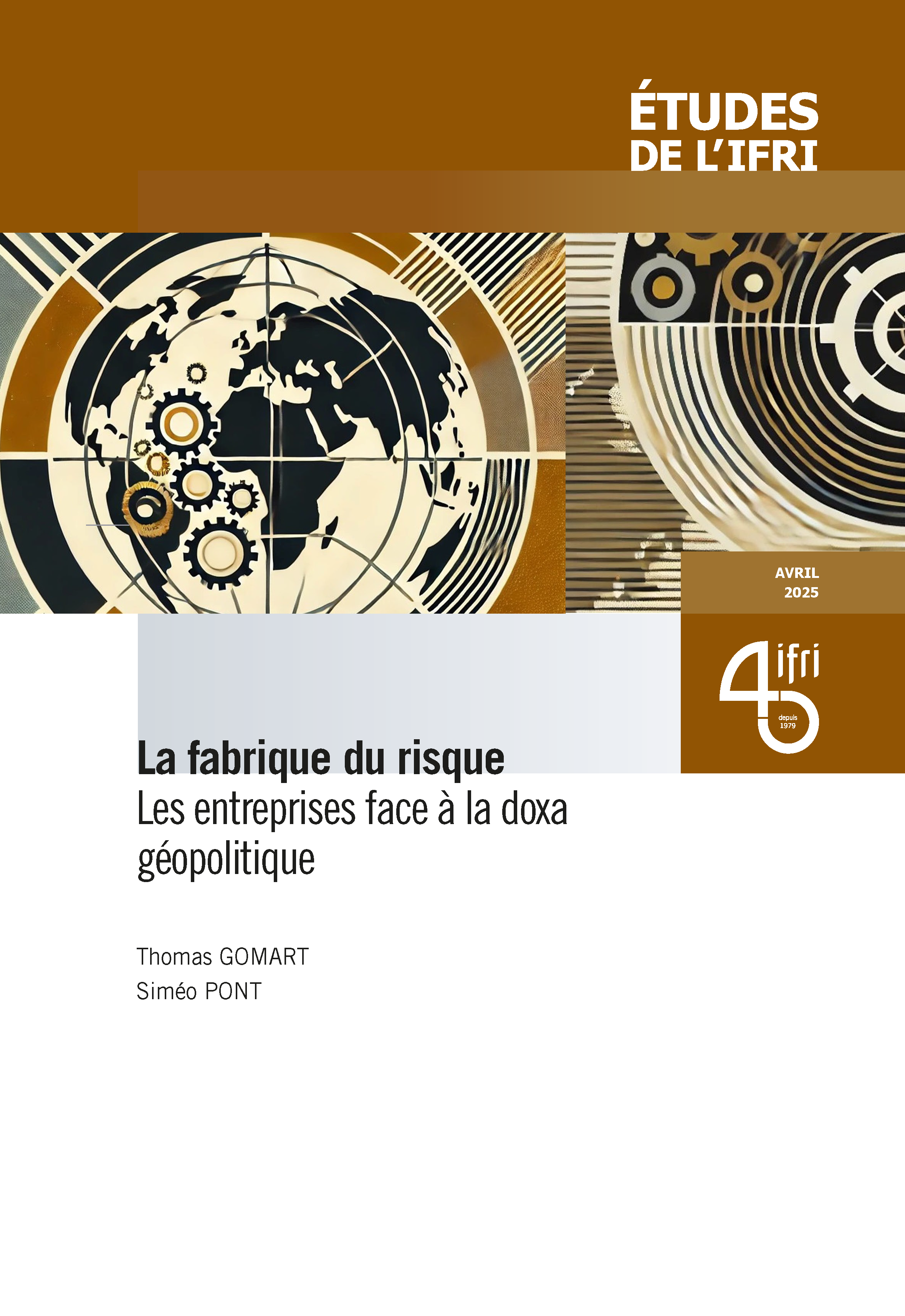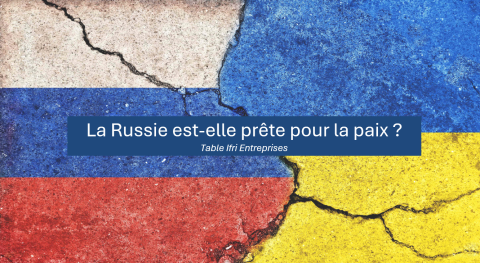Enjeux de l'intégration européenne du Kosovo : coopération régionale et relations de voisinage

Informations pratiques
Ceci est un événement réservé.
En savoir plus sur nos programmes de soutienOn April, 1st 2016, the Stability and Association Agreement between Kosovo and the European Union entered into force, marking a major step towards Kosovo’s political and economic convergence and candidate status. This agreement is the first contractual link between Kosovo and the Union, although it still leaves the question of the non-recognition of the country by five Member States unresolved.

In addition to necessary political and economic reforms in public administration, the rule of law, human rights and the protection of minorities as well as free trade, the European integration of Kosovo implies an emphasis on regional cooperation and good neighbourly relations. This emphasis in the EU’s approach to Kosovo is supported by all Member States.
Particularly important is the normalisation of the relations between Pristina and Belgrade. The negotiations have been supported by the EU through the facilitation of its High Representative, presently Federica Mogherini. This facilitation process has yielded several positive results. A milestone is the Brussels agreement of 2013, which provides keys in the local governance structure of Kosovo, as well as other agreements on integrated border management, the protection of religious and cultural sites. These paved the way for opening of EU accession negotiations with Serbia and the conclusion of a Stability and Association Agreement for Kosovo. However, not all agreed points have been fully implemented so far, most notably with regards to the creation of the Association/Community of Serb majority municipalities in Kosovo. The mandate of the self-administration of the Association/Community has not yet been agreed, which nourishes uncertainty and distrust within Kosovo’s society.
The relations between Kosovo and Montenegro are stable, although a strife on the demarcation of borders between the two countries hinders the pursuit of Kosovo’s visa-liberalisation process.
Macedonia recognised Kosovo eight months after its declaration of independence. The relations between the two states continue to be positive. In February 2016, several Agreements were signed, e.g. on technical assistance and cooperation regarding European integration. The Kumanovo incident and public statements on the participation of Kosovars therein, however, raised tensions. More recently, the formation of an Albanian platform in Skopje, supported by Kosovo and Albania, to help the opposition party in Macedonia in forming a ruling coalition also stirred tensions.
Kosovo's relations with Albania, by contrast, are supported through a series of bilateral agreements, e.g. for the protection and support of investment and the intensification of economic cooperation in relation to environment, energy, transport, duties and taxes, etc...
Regional Cooperation and good neighbourhly relations are essential to Kosovo’s European integration. In 2013, Kosovo became a member of the Regional Cooperation Council (RCC). More recently, it joined the working group "Regional Youth Cooperation Office" (RYCO) to promote reconciliation and youth cooperation.
The aim of this conference is to shed light on these questions and other related challenges.
Sujets liés
Autres événements

Le retour de la « grande coalition » – quel leadership allemand dans un monde incertain ?
Le nouveau gouvernement allemand, une « grande coalition » probablement dirigée par Friedrich Merz, va devoir faire face à un environnement international complexe, marqué notamment par un bouleversement des relations transatlantiques. Les attaques de l’administration Trump à l’égard des alliés traditionnels des Etats-Unis, le rapprochement entre Washington et Moscou, ainsi que les incertitudes qui pèsent sur le futur de l’OTAN, ébranlent les paradigmes de la politique étrangère allemande.

L’Inde face à la guerre commerciale de Trump
Un brief de 30 minutes autour de Sylvia Malinbaum, chercheuse, responsable de la recherche sur l'Inde et l'Asie du Sud au Centre Asie de l'Ifri.

La Russie est-elle prête pour la paix ?
Depuis plus de trois ans, la Russie mène une guerre de haute intensité contre l’Ukraine, qui bénéfice du soutien politique, militaire et financier de l’Occident.









